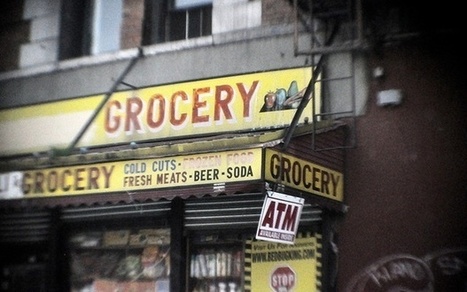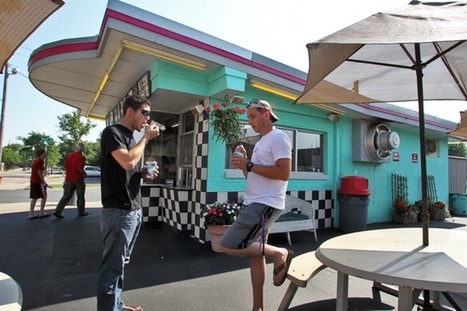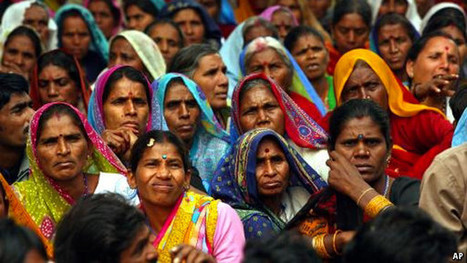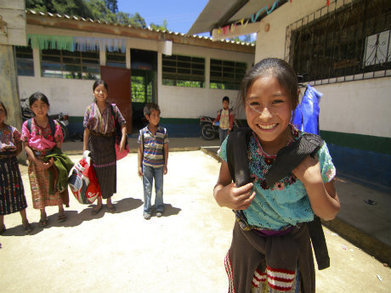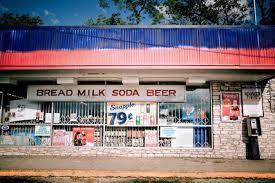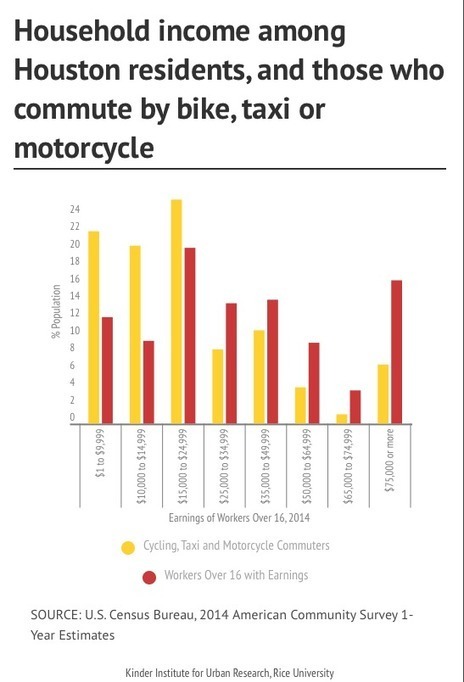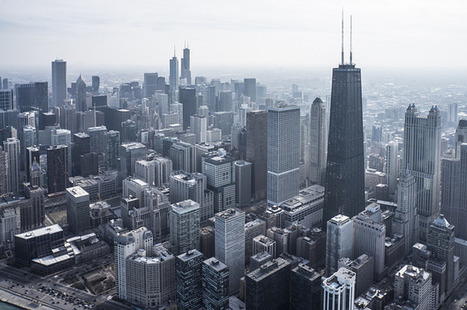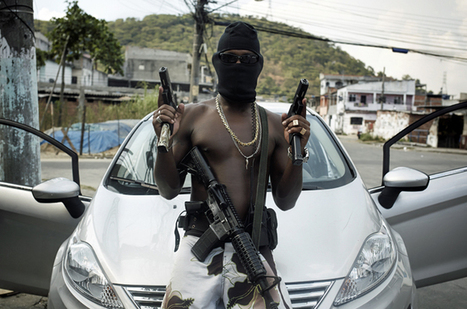Why the chainification of the corner store is a bigger deal than losing book stores and record stores combined.
The term Bodega originally referred to a neighborhood grocery in a mostly Spanish-speaking part of town, it has come to be used (in my experience) to cover just about any independently owned small grocer in the city. The fear is that the corporate behemoth (7-Eleven) will destroy the neighborhood bodega, a New York institution of long standing. The quintessential bodega is a beloved part of the fabric of the city. The outcry has been loudest in the East Village, a neighborhood that despite gentrification still prides itself on its countercultural attitude and grimy authenticity.
Via Mike Busarello's Digital Storybooks



 Your new post is loading...
Your new post is loading...

